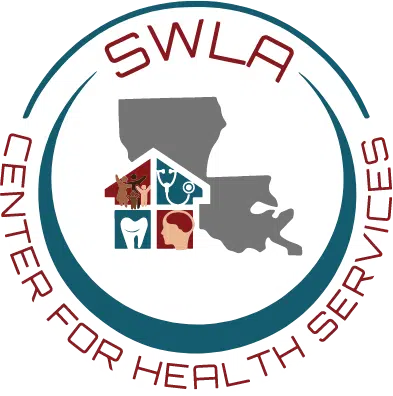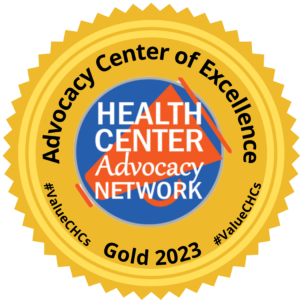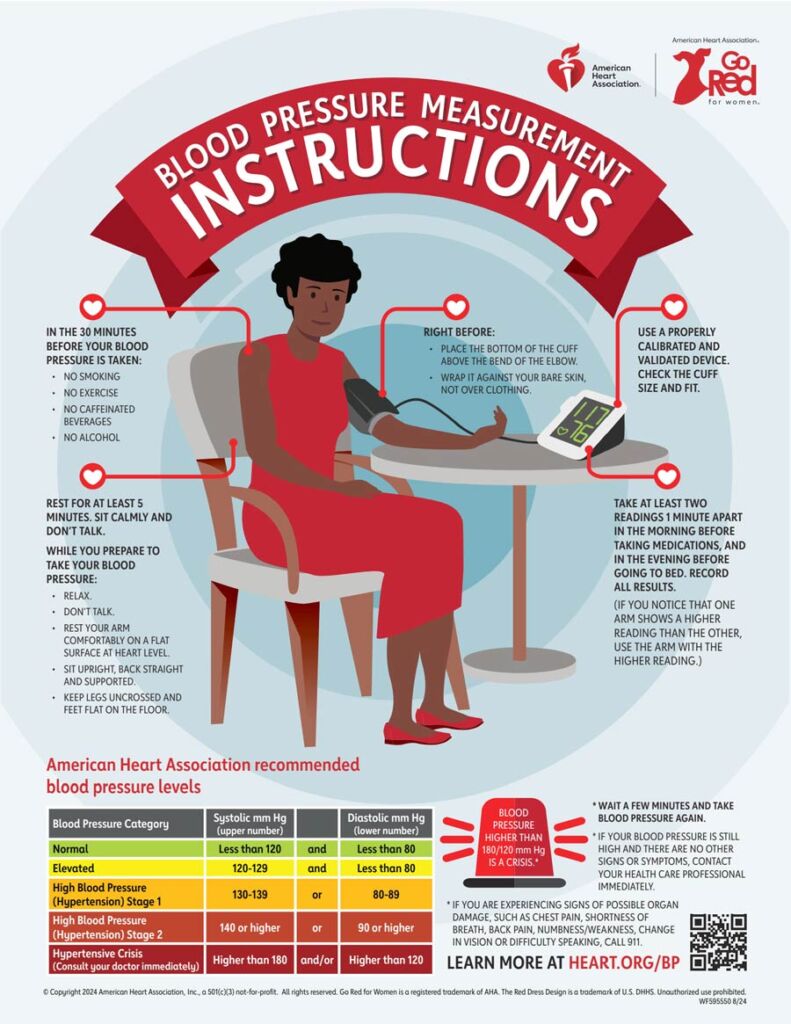
May is Women’s Health Month
SWLA Center for Health Services recognizes that May is Women’s Health Month and the significance of the Women’s Health Month and how it can help women all around the country.
Women’s Health Month serves as a reminder for women to take care of their overall health and make healthcare a priority in their lives. This includes seeking medical help when you need it, but also engaging in preventative care, like scheduling checkups, examinations, vaccinations, to keep you healthy.
Women’s Health Month also serves as an opportunity to educate women on the most common risks to their health, the symptoms, the warning signs and when they should seek medical attention, so they know when something is out of the ordinary.
At SWLA Center for Health Services, we prioritize women’s health and maternal health. Our Obstetricians/Gynecologists and Women’s Health Nurse Practitioners provide comprehensive primary care services for women throughout their lifespan, focusing on reproductive health, gynecological care and general well-being.
Do you have some reproductive health needs that need to be addressed? Schedule an appointment with one of our Women’s Health Providers, TODAY!
The Health Care Law That Protects Women!

Common Health Concerns for Women
Breast Cancer – Breast cancer is the second most common type of cancer in women in the United States. Each year, there are nearly 250,000 new cases of the disease diagnosed, meaning that around 12% of the female population will be diagnosed with breast cancer at some point in their life. In order to keep yourself safe, it’s important to know the symptoms of breast cancer and have annual breast examinations to check for any signs.
Cervical Cancer – There are over 300,000 women living with cervical cancer in the U.S., with around 14,000 new cases being diagnosed each year. Cervical cancer is most commonly caused by human papillomavirus (HPV), which is one of the most widespread sexually-transmitted infections (STIs). It can take years for cervical cancer to develop, so it’s important to know the symptoms, but also to get vaccinated against HPV and schedule routine screenings (Pap smears).
Ovarian Cancer – There are around 19,000 new cases of ovarian cancer diagnosed in the U.S. each year. There are several risk factors for ovarian cancer that are important to be aware of, such as age—two-thirds of all cases are diagnosed in women over the age of 55. You should also get regular pelvic examinations to check for the disease.
Sexual and Reproductive Health – A vital area of a woman’s overall health is sexual and reproductive health. Many of the health concerns mentioned above factor into sexual and reproductive health, but another key area is practicing safe sex. Safe sex can limit your risk of contracting STIs and help you avoid many of the symptoms and issues that come with them.
Caring for your sexual and reproductive health not only keeps your reproductive system healthy and safe, but it also ensures that you don’t develop any underlying issues. For women who are pregnant or thinking about becoming pregnant, it’s also vital to take proper prenatal care, and continue to prioritize your health throughout your pregnancy.
Mental Health – Anxiety and depression are two major health concerns for everyone, but different disorders can affect women and men differently. That’s why it’s important to take care of your mental health by maintaining positive mental health, being aware of the potential signs of mental health issues, and seeking help when you notice changes in how you feel.
Osteoporosis – Osteoporosis is a disease that thins and weakens the bones, reducing bone density. Osteoporosis is more common in women than in men, with over 80% of cases in the U.S. occurring in women—around 8 million. Some important tips for avoiding osteoporosis include eating a diet with plenty of vitamin D and calcium, not smoking, and exercising regularly.






